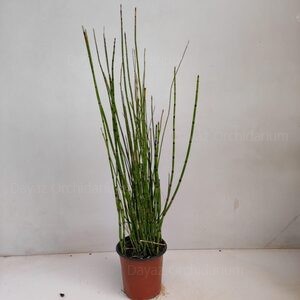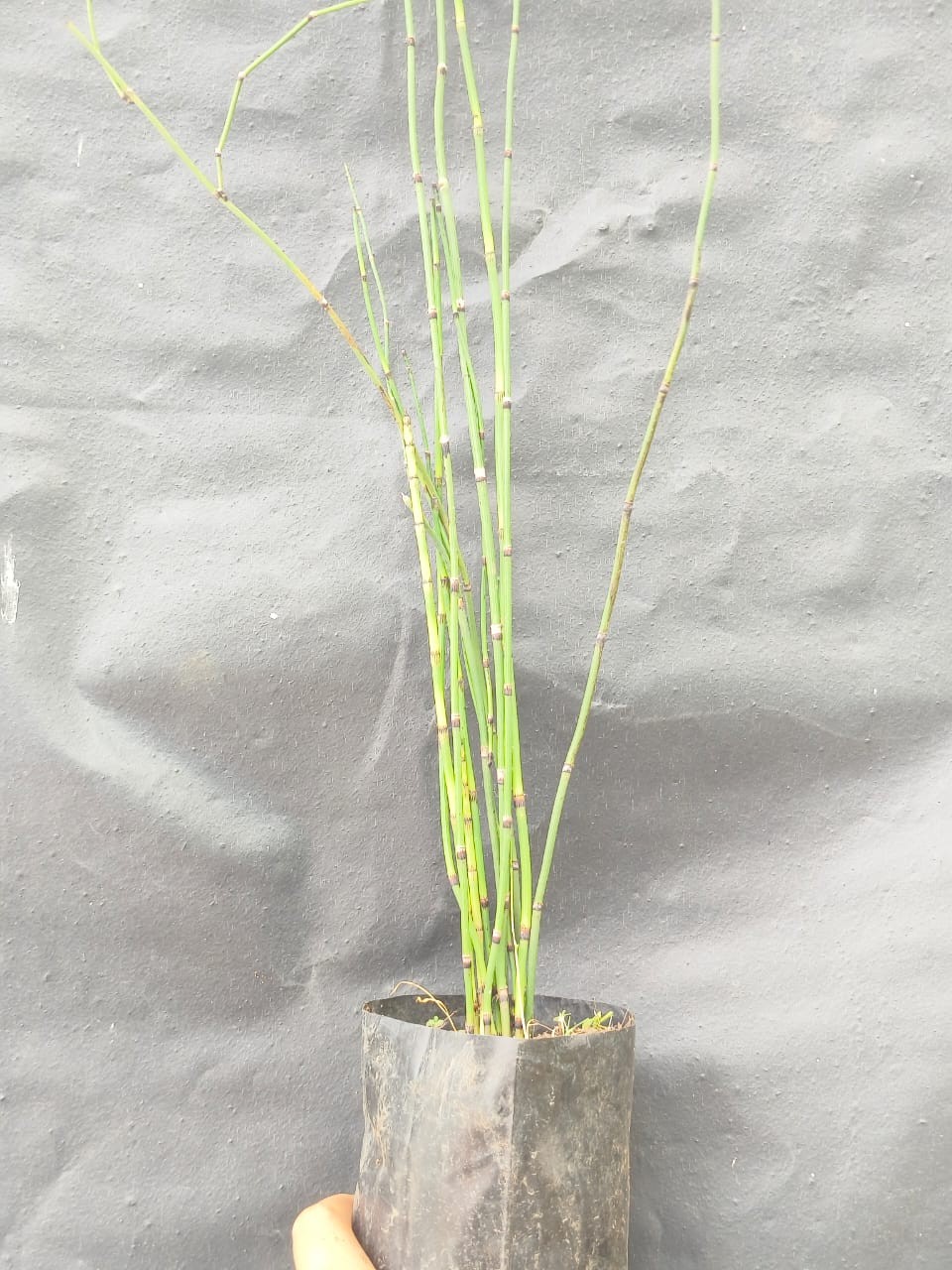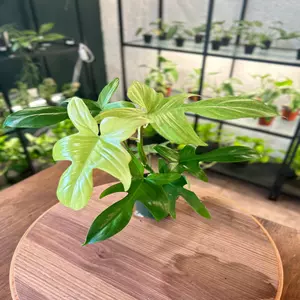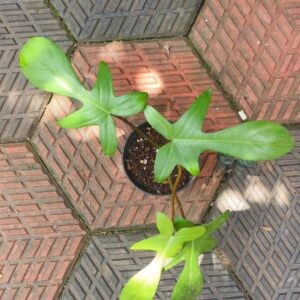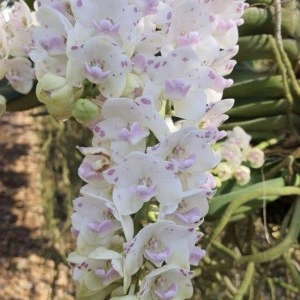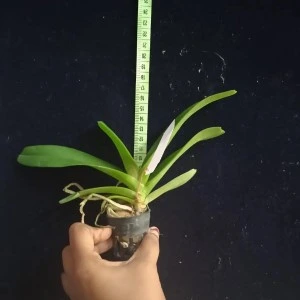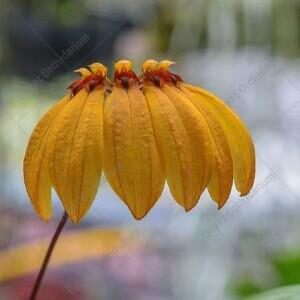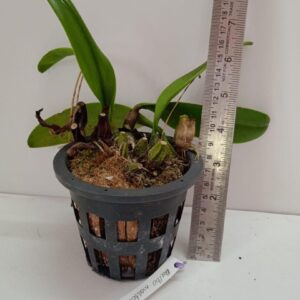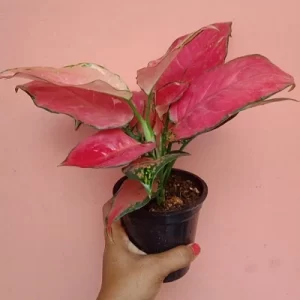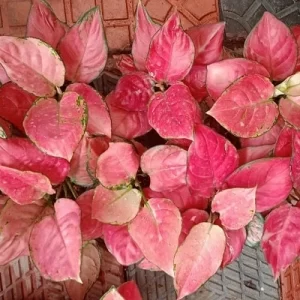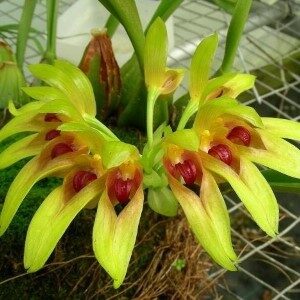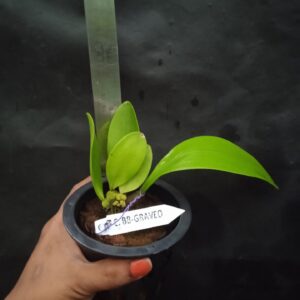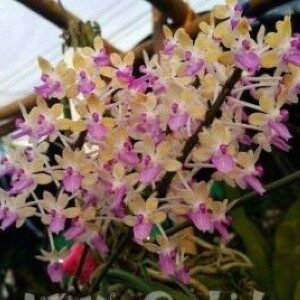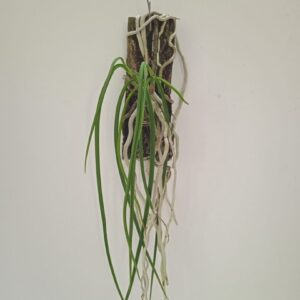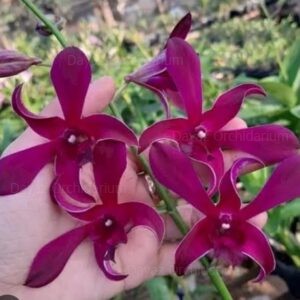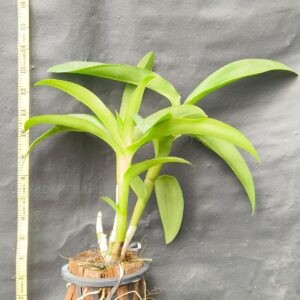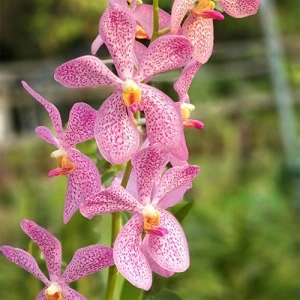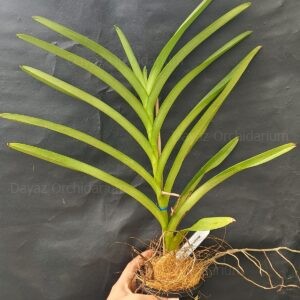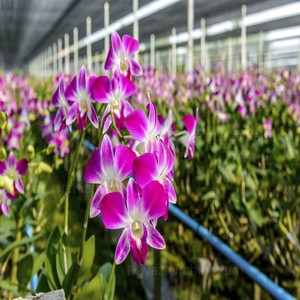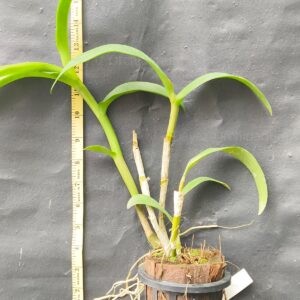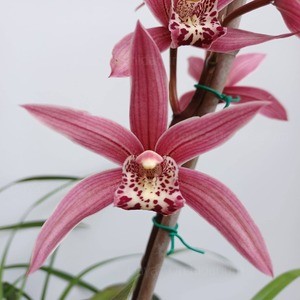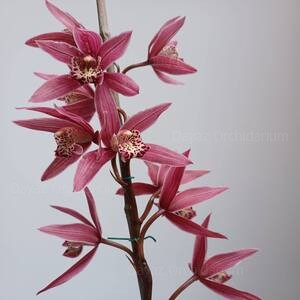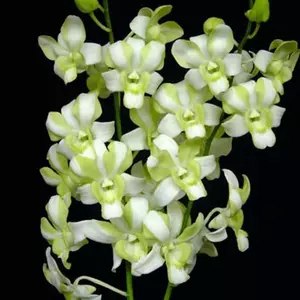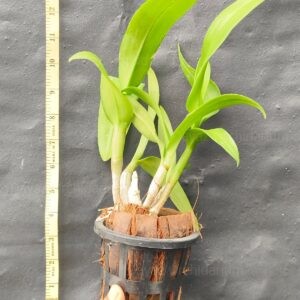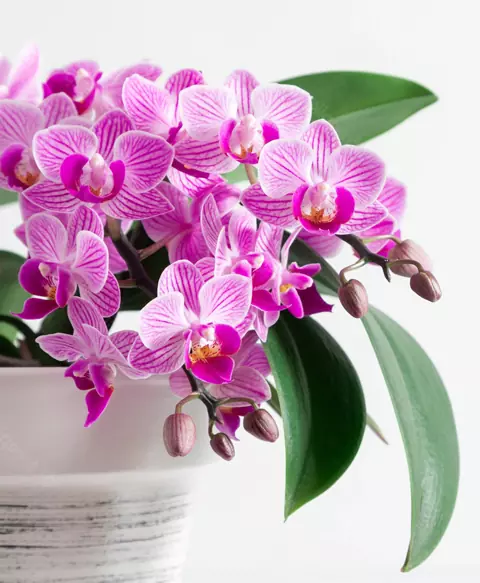Species
Equisetum arvense (Field Horsetail): Commonly found in temperate regions, this species is known for its invasive nature and can often be seen in disturbed soils and fields.
Equisetum japonicum (Japanese Horsetail): Notable for its attractive, feathery appearance and used in ornamental gardening.
Equisetum hyemale (Scouring Rush): Often used historically for its abrasive properties and is also valued as an ornamental plant.
Care Requirements
Light : Horsetails prefer full sun to partial shade. They are quite tolerant of varying light conditions but generally do best with ample light.
Watering : They thrive in moist to wet soils and can tolerate waterlogged conditions. Regular watering is essential, especially in drier climates.
Soil : They prefer well-drained, loamy soil but can grow in a variety of soil types, including poor and acidic soils.
Humidity : Equisetum generally adapts well to varying humidity levels but performs best in consistently moist environments.
Uses
Ornamental : Equisetum is often used in gardens and landscapes for its unique texture and appearance. It can create an interesting vertical element in garden beds or containers.
Historical Uses: Historically, horsetail stems were used as a scouring tool due to their abrasive quality and as a traditional remedy in herbal medicine.

